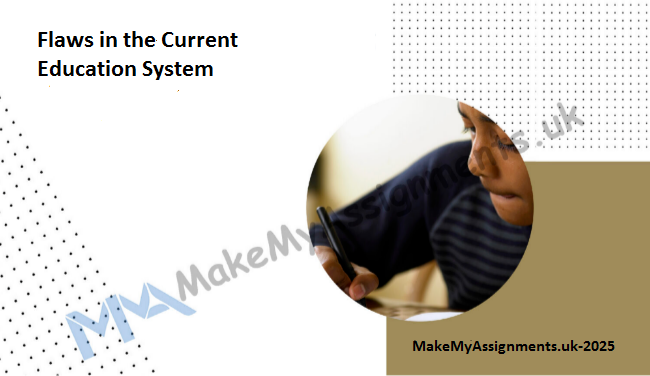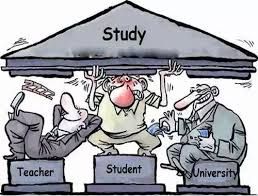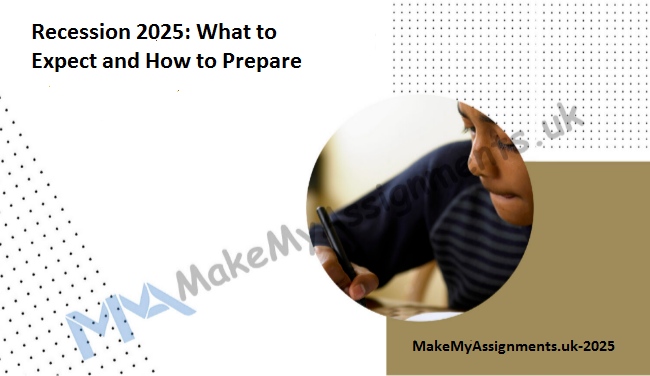Let’s be honest—studying for long hours is hard. With so many distractions around us (hello,…

Flaws in the Current Education System
Education is the backbone of society, shaping the future of individuals and nations. However, the current education system is riddled with flaws that hinder real learning and personal growth. Instead of focusing on creativity, critical thinking, and practical skills, many institutions prioritize rote memorization and outdated teaching methods. In a rapidly changing world, it is crucial to identify these shortcomings and work towards an education system that truly prepares students for the future.

1. Emphasis on Rote Learning Over Practical Knowledge
One of the biggest flaws in today’s education system is its reliance on rote memorization rather than understanding and application. Students are often expected to memorize large amounts of information for exams without truly grasping the concepts. This leads to:
- Lack of critical thinking and problem-solving skills.
- Focus on grades instead of real learning.
- Failure to apply knowledge in real-world situations.
A better approach would be hands-on learning that encourages students to analyze, question, and apply concepts rather than simply recalling facts.
2. Outdated Curriculum and Teaching Methods
Many educational institutions still follow curriculums that were designed decades ago, failing to adapt to modern advancements. In a digital age where technology evolves rapidly, students need to be taught relevant skills such as:
- Coding and digital literacy
- Financial education and money management
- Entrepreneurship and business skills
Moreover, teaching methods often involve one-size-fits-all lectures, ignoring individual learning styles. Interactive and student-centered teaching strategies, such as project-based learning, could be far more effective.
3. Excessive Pressure on Exams and Grades
The current system places too much importance on exams, making grades the ultimate measure of intelligence. This pressure leads to:
- Stress, anxiety, and mental health issues among students.
- A tendency to cheat or rely on shortcuts rather than understanding subjects.
- A narrow definition of success that ignores creativity, leadership, and emotional intelligence.
Education should focus on holistic development, assessing students through projects, practical work, and collaborative learning instead of just standardized tests.
4. Lack of Skill-Based Education
Most schools and universities fail to equip students with real-world skills necessary for employment and entrepreneurship. This results in graduates struggling to find jobs due to:
- A gap between academic knowledge and industry requirements.
- Poor communication, teamwork, and leadership skills.
- Lack of practical experience and hands-on training.
Educational institutions should integrate internships, vocational training, and soft skills development into their programs to better prepare students for the workforce.
5. Unequal Access to Quality Education
Another major flaw is the inequality in educational opportunities. Factors like economic background, geography, and infrastructure create gaps in learning. Many students in underprivileged areas face:
- Poorly funded schools with outdated resources.
- Limited access to technology and quality teachers.
- Higher dropout rates due to financial struggles.
Governments and organizations must bridge this gap by investing in digital education, scholarships, and better infrastructure for all students, regardless of their background.
6. Teachers’ Limited Role in Innovation
Teachers are the backbone of education, yet many are restricted by outdated curriculums and rigid teaching methods. The system often:
- Fails to provide continuous training and upskilling for educators.
- Limits their ability to innovate and personalize learning.
- Overburdens teachers with administrative tasks, leaving little time for quality instruction.
Education systems should empower teachers with modern tools, training programs, and flexibility to implement creative teaching methods.
7. Lack of Focus on Mental Health and Well-Being
Education is not just about academics—it should also promote emotional well-being. However, most institutions:
- Ignore mental health issues like stress, anxiety, and depression.
- Offer little to no counseling or emotional support for students.
- Fail to teach life skills like resilience, self-care, and mindfulness.
Incorporating mental health education, counseling services, and a balanced workload can significantly improve student well-being.
How Can We Improve the Education System?
To create a more effective education system, we must:
✔ Shift from rote learning to conceptual understanding.
✔ Update curriculums to include modern skills like coding, financial literacy, and critical thinking.
✔ Reduce exam pressure and adopt alternative evaluation methods.
✔ Ensure equal access to education for all.
✔ Train and support teachers to adopt innovative teaching methods.
✔ Focus on student well-being and mental health support.
Education should empower students to think, create, and solve problems, not just memorize and pass exams. A modern, flexible, and skill-based approach can help students thrive in the 21st century.




This Post Has 0 Comments